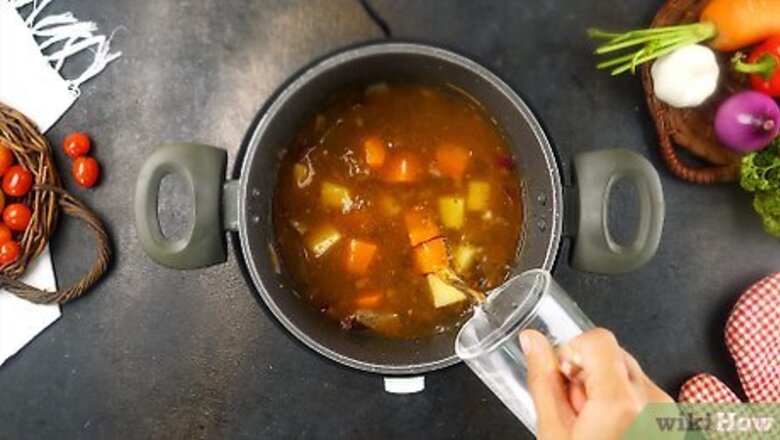
views
Balancing out the Flavors
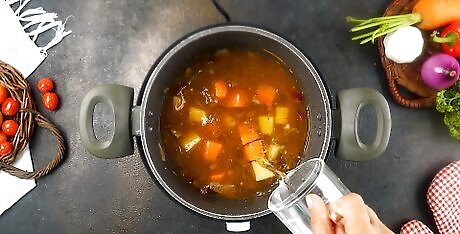
Dilute the dish. If you have over-seasoned a soup, stew or sauce, you can fix the problem by diluting the dish. Add a splash or two of water and then taste the dish. By adding water, you will cause the overall flavor of your dish to be less intense, but if you have over-seasoned, the results can be positive.
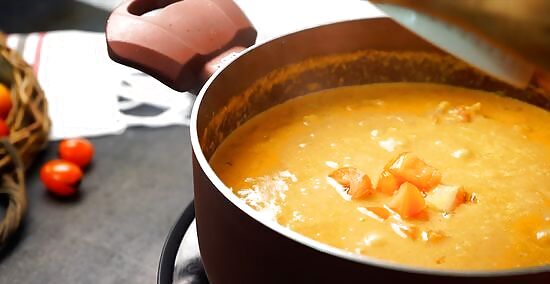
Increase the bulk ingredients to counteract the over-seasoned taste. If you have more of the other ingredients you’ve used in the dish, try adding them in to even out the over-seasoning. Try increasing the other ingredients one spoon at a time (without the seasoning) and see how it tastes.
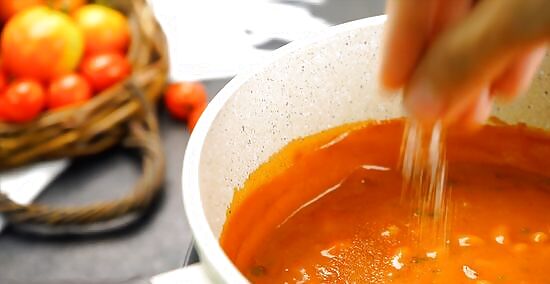
Sweeten acidic dishes with sugar and a pinch of salt. Sweeteners such as sugar, honey, and molasses can round up and highlight the flavors in a typically savory dish. If your dish is too acidic or sour, like an overly acidic bean soup with dried tomatoes, try adding a pinch of sugar or other sweetener and a pinch of salt to soften the tartness.

Tone down an overly sweet dish with beer or cocoa. If your dish or dessert is too sweet, try adding bitter ingredients such as beer and cocoa, depending on the nature of the food. Definitely do not add salt to overly sweet desserts as that will bring out the flavor even more.
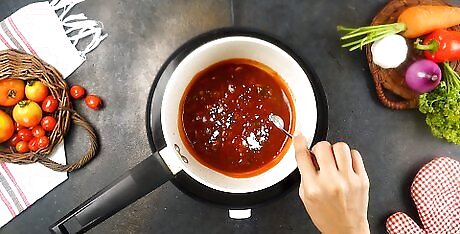
Use baking soda to neutralize bitterness or sourness. Adding a pinch of baking soda to overly bitter or sour food can neutralize the taste. If you’ve added too much vinegar or lemon juice to your salad, or your tomato sauce tastes a little too tart, try this trick. Use very small amounts, such as ⅛ or ¼ of a teaspoon of baking soda.
Fixing an Overly Salty Dish
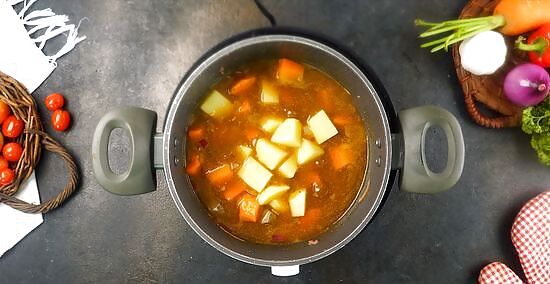
Add raw potato to your dish. If your soup or stew is too salty, adding raw potato is a good option. Slice the potato into small chunks (to expose a good bit of surface area) and then stir them in. The potato acts like a salt sponge, absorbing some of the salt right out of your dish. Cook the potato in the dish for several minutes, and then discard it. Be cautious with this method since potatoes can also absorb the other flavors, running the risk of producing a less tasty dish. In this case, you can taste the dish afterwards, and adjust any seasonings that might have been absorbed along with the salt. Remember to add seasonings in very small amounts and taste the dish after each addition.
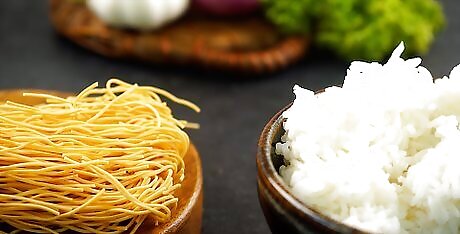
Add starches. If your dish is a soup, you can add starches such as rice or noodles for them to absorb the salt. If it’s a stew, puree some rice and add it as a thickener—it will help even out the salt.
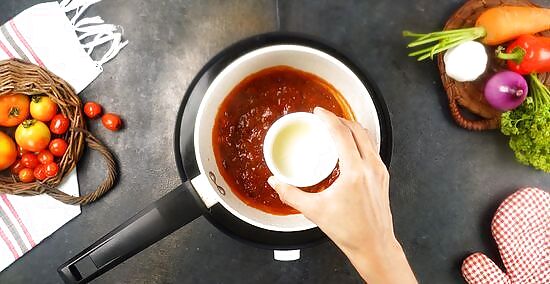
Mask it with acids and sugar. You can try squeezing some lemon juice or adding some vinegar to your dish in addition to a pinch of sugar; the increased acidity and sweetness will help mask the overly salty taste. The idea is to distract the taster from the salt by adding opposing flavors.
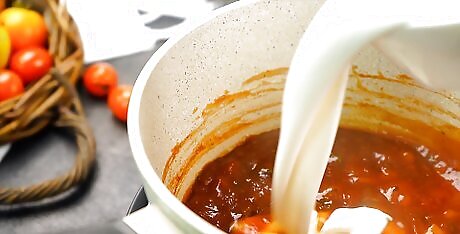
Put in a creamy component. Making the dish creamy by adding cream, coconut milk or mashed avocado can temper the salty taste. Think about tomato sauce with heavy cream or salty tacos with sour cream.
Fixing an Overly Spicy Dish

Balance the heat with some sweetness. If you were a little heavy-handed with the chili peppers, add some sugar or honey to the dish to correct the problem. Make sure to use very small amounts of sweetener so your savory dish does not turn into a dessert. If you make a curry too spicy, add in a little bit of coconut cream or coconut milk—it'll add a nice, natural sweetness that might cut through the spiciness a bit.
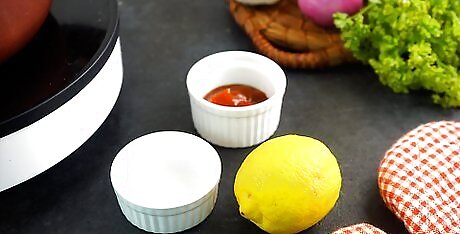
Add acid. Use acidic liquids like lemon or lime juice or vinegar to counteract the spiciness. You can even add a little ketchup or diced tomatoes to increase the acidity.

Serve it alongside a dairy product. Dairy complements spicy foods nicely, since the casein in milk prevents the pain receptors on the tongue from feeling the heat. Most cultures with spicy cuisine exploit this fact. Spicy Mexican food is served with sour cream, hot Indian curries or some Turkish kebabs are paired with yogurt, and Buffalo wings come alongside bleu cheese.
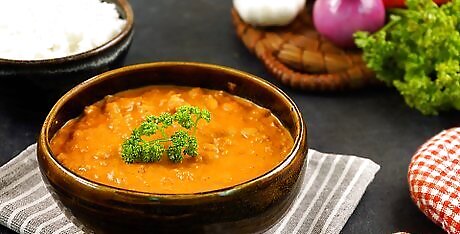
Serve it with starches. Just like with dairy, starchy foods will help diffuse the spicy taste. Try serving your dish with potatoes, rice, pasta, or bread to make it easier to eat for you or your guests.



















Comments
0 comment